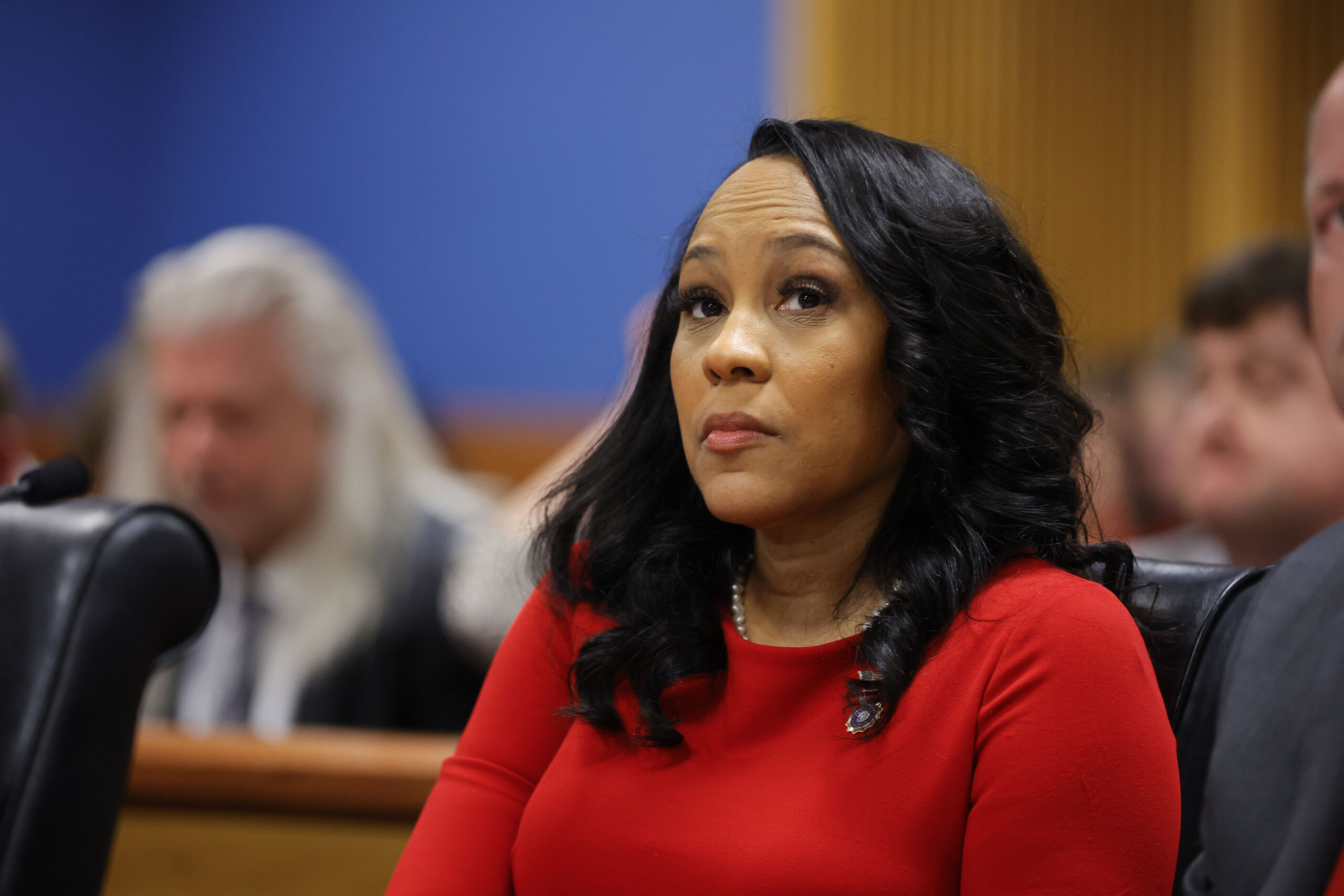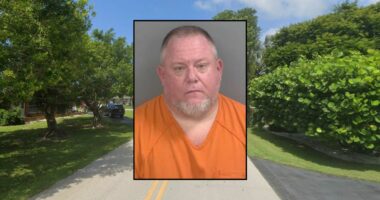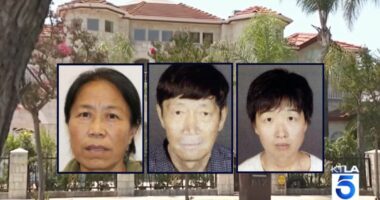
Fulton County District Attorney Fani Willis arrives during a hearing on the Georgia election interference case, Friday, March, 1, 2024, in Atlanta (AP Photo/Alex Slitz, Pool).
Fulton County District Attorney Fani Willis must turn over a tranche of documents for a judge’s inspection in a public records case where her office was found to have repeatedly violated open records laws.
As Law&Crime previously reported, those violations occurred when the prosecutor’s office, in response to open records requests, denied having any documents showing any communications with special counsel Jack Smith or members of the since-defunct House select committee investigating the Jan. 6 attack on the U.S. Capitol.
Late last year, in response to a lawsuit filed by the conservative government watchdog group Judicial Watch, Fulton County Superior Court Judge Robert McBurney ordered the district attorney’s office to provide the requested documents and/or explain their continued absence, leaving open the possibility of attorney fees.
Now, after falsely claiming any such records exist for months, and after being assessed a fine of $21,578 in attorneys’ fees and costs, Willis and her office admit there are such documents. The DA is continuing to withhold those documents from the nonprofit on the basis that “they are exempt pursuant” to a section of Georgia law.







